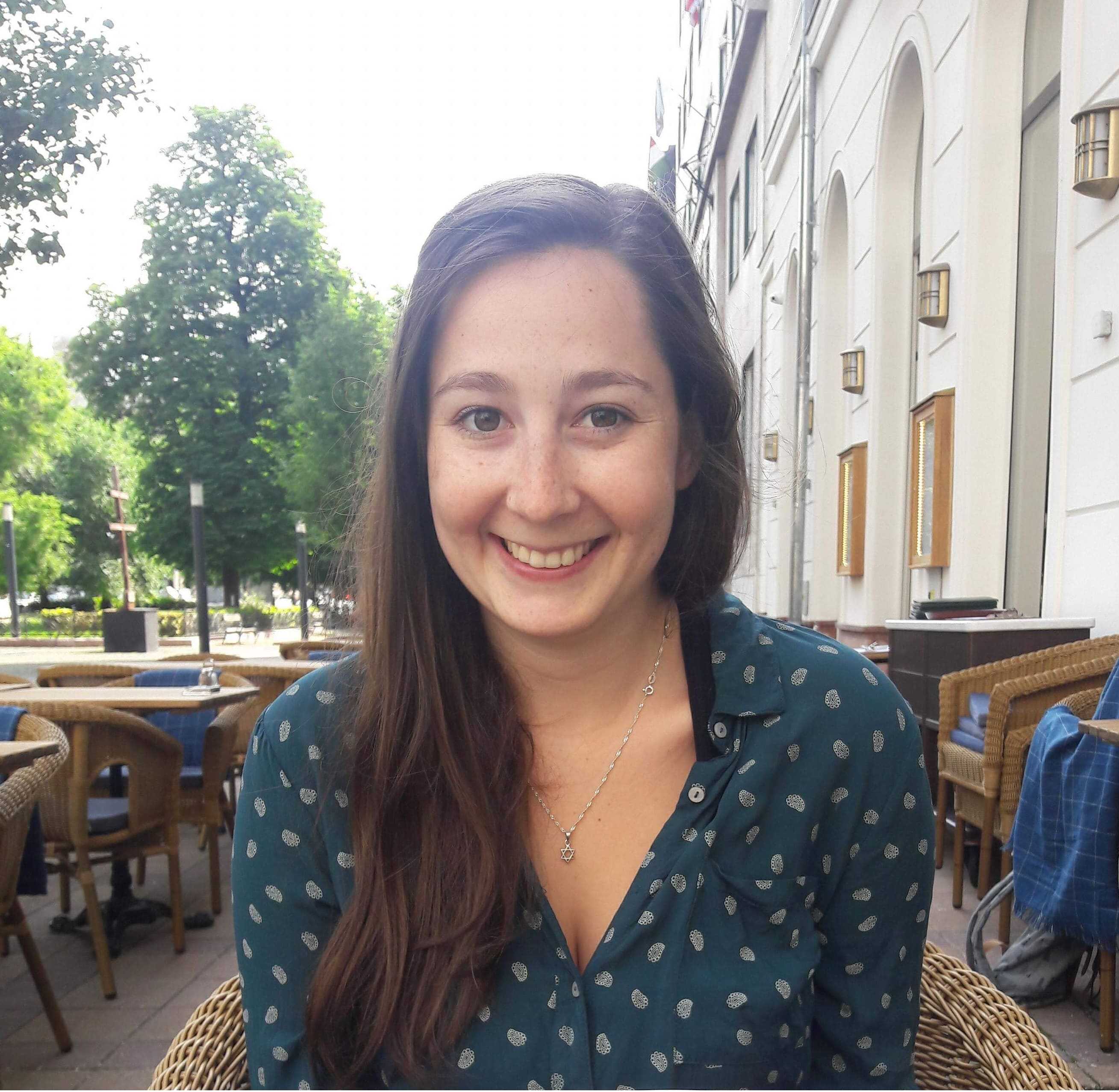People
Faculty
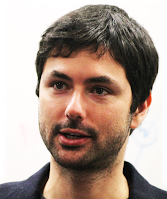
Andrea Baronchelli
Andrea is a Reader in Mathematics at City, University of London and Economic Data Science theme lead at The Alan Turing Institute. Andrea researches self-organisation and emerging phenomena in social and economic systems. In particular, coordination and spreading phenomena on social networks, behaviour change, blockchain and cryptos, online marketplaces, human mobility, and fundamental problems in network science.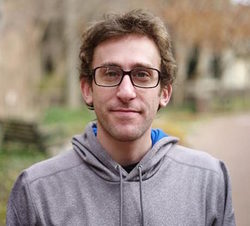
Joshua Becker
Joshua is an Assistant Professor at the UCL School of Management, University College London. Joshua received their PhD in Communication from the University of Pennsylvania and completed a postdoctoral fellowship with the Kellogg School of Management. Prior to graduate school, Joshua worked professionally in mediation and conflict resolution, spent some time managing training and coaching for a customer service department, and now serves as a pro-bono mediator with the Chicago Conflict Resolution Center. Joshua's research focuses on communication networks and collective intelligence.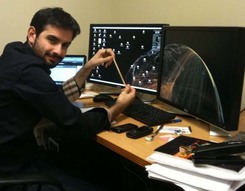
Nicola Perra
Nicola is an Associate Professor (Reader) in Network Science at the Business School of Greenwich University, London, UK. Nicola's research focuses on human dynamics, big-data analytics, network science, and mathematical/digital epidemiology. In particular, his interests lie on the characterization and modeling of dynamical processes unfolding on time-varying and multiplex networks, human adaptive behaviors, data-driven modeling of infectious diseases, and the study of Online/Offline Social Networks.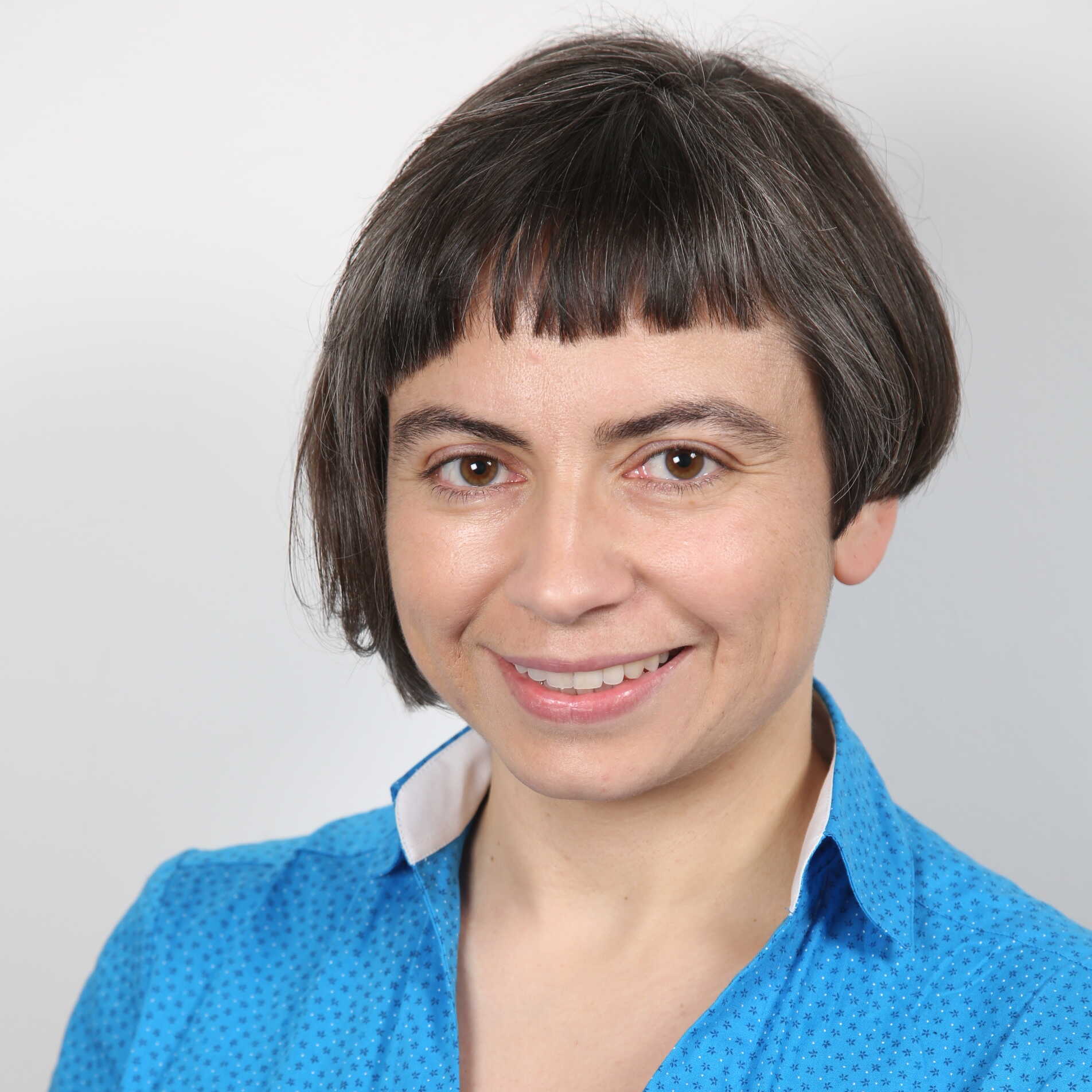
Milena Tsvetkova
Milena is an Assistant Professor of Computational Social Science at the Department of Methodology at the London School of Economics and Political Science. Previously, Milena was a Postdoctoral Researcher in Computational Social Science at the Oxford Internet Institute. Milena uses large-scale online experiments, network analysis, and computational modeling to study fundamental social phenomena such as cooperation, contagion, segregation, and inequality.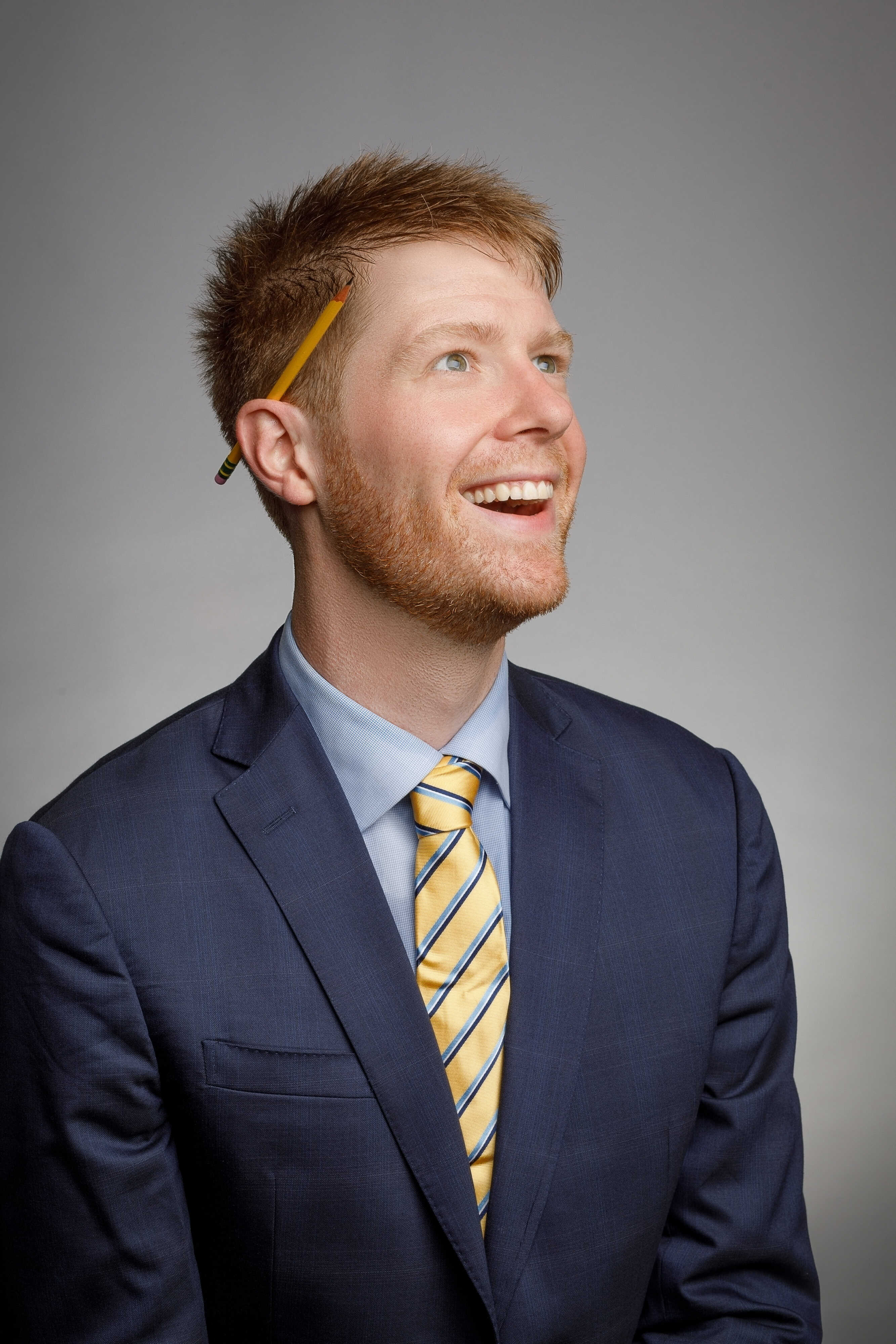
Mike Yeomans
Mike is an Assistant Professor in Strategy and Organisational Behaviour at Imperial College Business School. In their research, Mike uses natural language processing to study decision-making in conversation.Speakers
London/Oxford Joint Seminar Series
More info coming soon.
Viktoria Spaiser
Viktoria is an Associate Professor in Sustainability Research and Computational Social Sciences. She is also affiliated with the Leeds Institute for Data Analytics (LIDA) and the Priestley International Centre for Climate in Leeds. Before her time at Leeds, she worked as a postdoctoral researcher at the Stockholm Institute for Futures Studies and at the Department of Mathematics, Uppsala University in Sweden. Viktoria's current research focuses on how societies can make a rapid, fair and empowering transition to zero-emissions / zero-pollution and specifically how normative change initiated by climate change movements such as Fridays for Future can contribute to social tipping in the response to the climate crisis. In her research she uses computational social science approaches such as Agent Based Modelling, Natural Language Processing of large-scale textual data e.g. from Twitter, Dynamical Systems Modelling etc.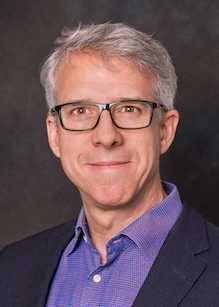
Ken Benoit
Kenneth Benoit is Professor of Computational Social Science in the Department of Methodology at the London School of Economics and Political Science, and Professor (Part-time) in the School of Politics and International Relations, Australian National University. He has previously held positions in the Department of Political Science at Trinity College Dublin and at the Central European University (Budapest). He received his Ph.D. (1998) from Harvard University, Department of Government.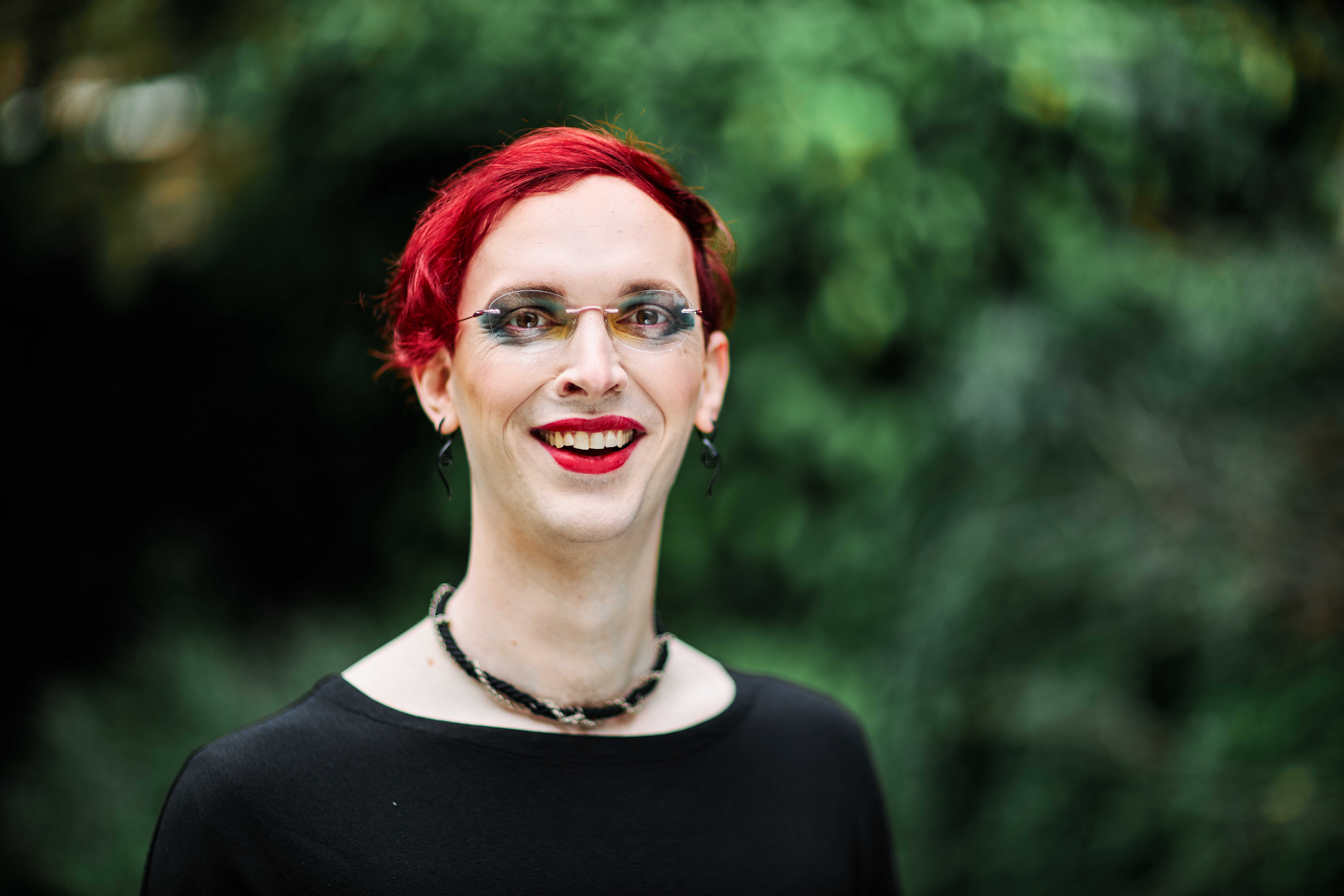
Peaks Krafft
Dr Peaks Krafft (they/them) is Senior Lecturer and MA Internet Equalities Course Leader at the UAL Creative Computing Institute. Dr Krafft undertakes critically-oriented computer science research, academic organising, and community organising, especially recently on four issues in higher education and tech: social impacts of technology; personal and institutional accountability; anti-racism in organisations, and conflicts of interest from tech funding. Dr Krafft participates in several tech justice groups including NoTechForTyrants, United Tech and Allied Workers, and the Movement for Anti-Oppressive Computing Practices.Teaching Assistants
Samuel Dupret
Sam is a cognitive science student, currently working as a research assistant at the UCL School of Management. Sam is passionate about good and impactful science, even more so if it involves multiplayer experiments!
Nicolò Gozzi
Nicolò is a PhD student at the University of Greenwich, London. His current research interest revolves around the interplay between behaviours and the spread of infectious diseases. More broadly, Nicolò is interested in the modeling of epidemics, temporal networks, and data mining in general.Participants
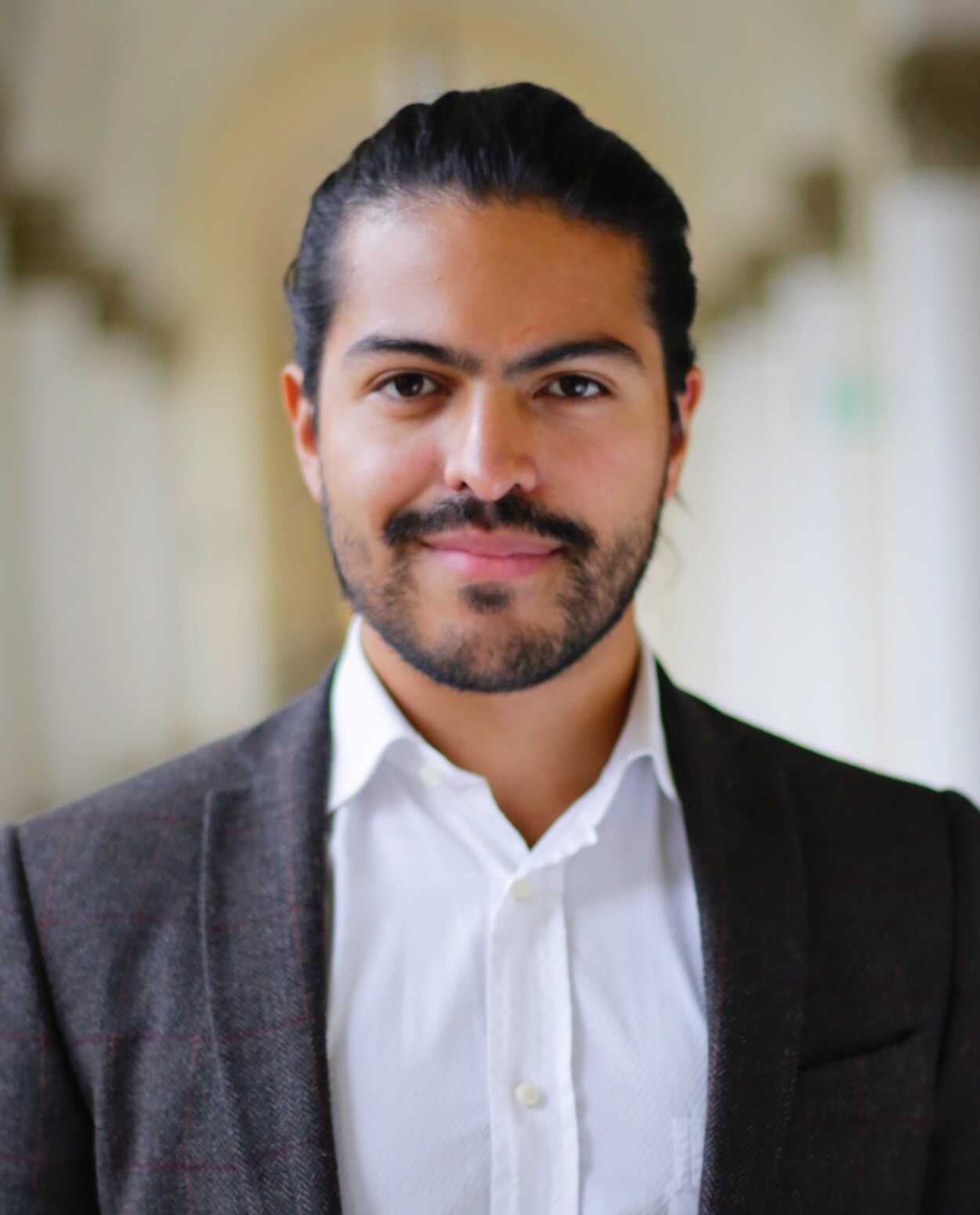
Alejandro Hermida Carrillo
Alejandro studies the self, role identities, and contemporary work arrangements in his PhD at the Munich School of Management of the LMU Munich. In his projects he uses surveys, experiments, and digital traces. He holds a BSc and an MSc in Psychology from the UNAM (Mexico) and the LMU respectively.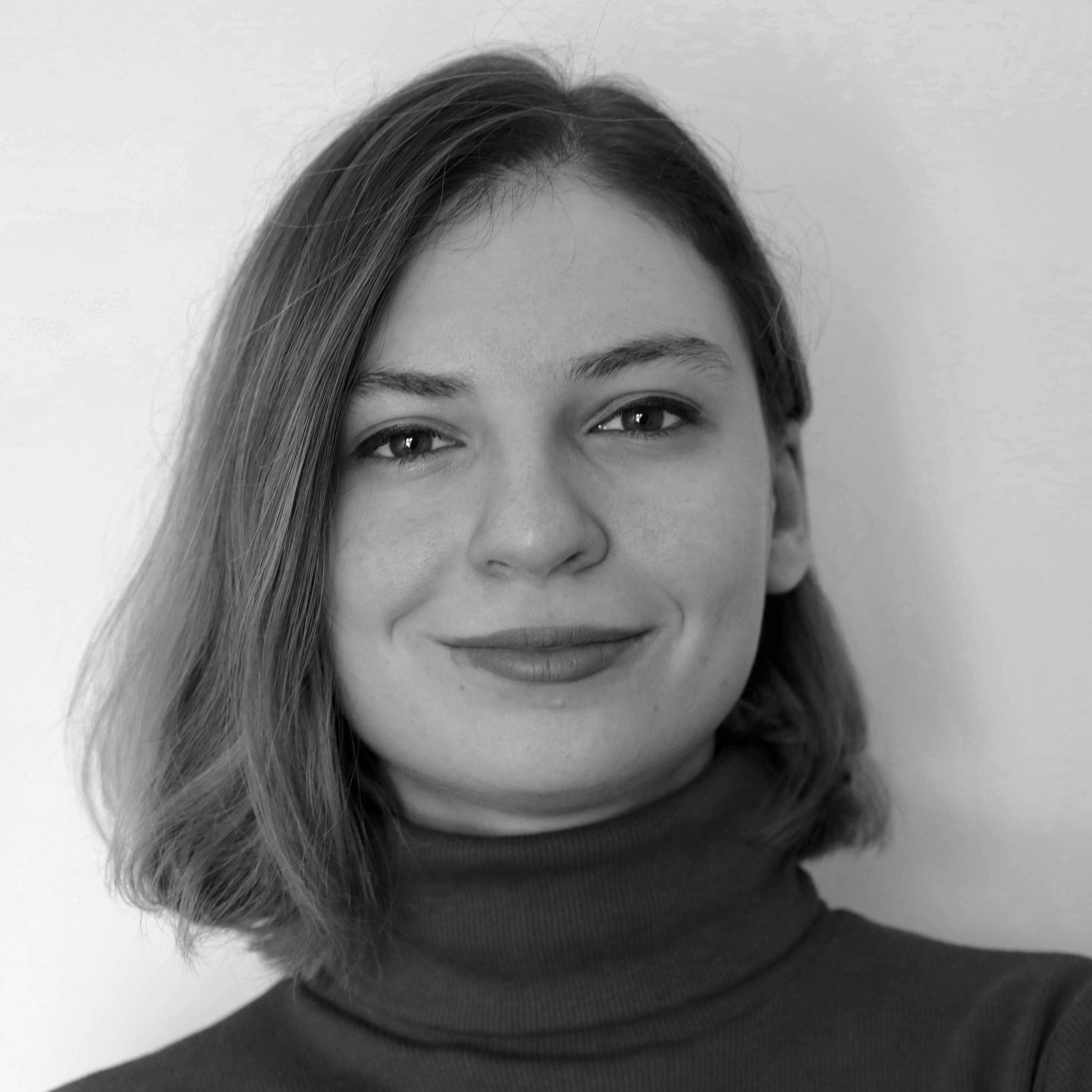
Ana Macanovic
Ana Macanovic is a PhD student at the Department of Sociology, Utrecht University and ICS. She has a background in sociology and behavioural economics. Her research is concerned with cooperation of agents in extra-legal environments. Currently, she is exploring reputation systems in cryptomarkets utilizing text mining methods.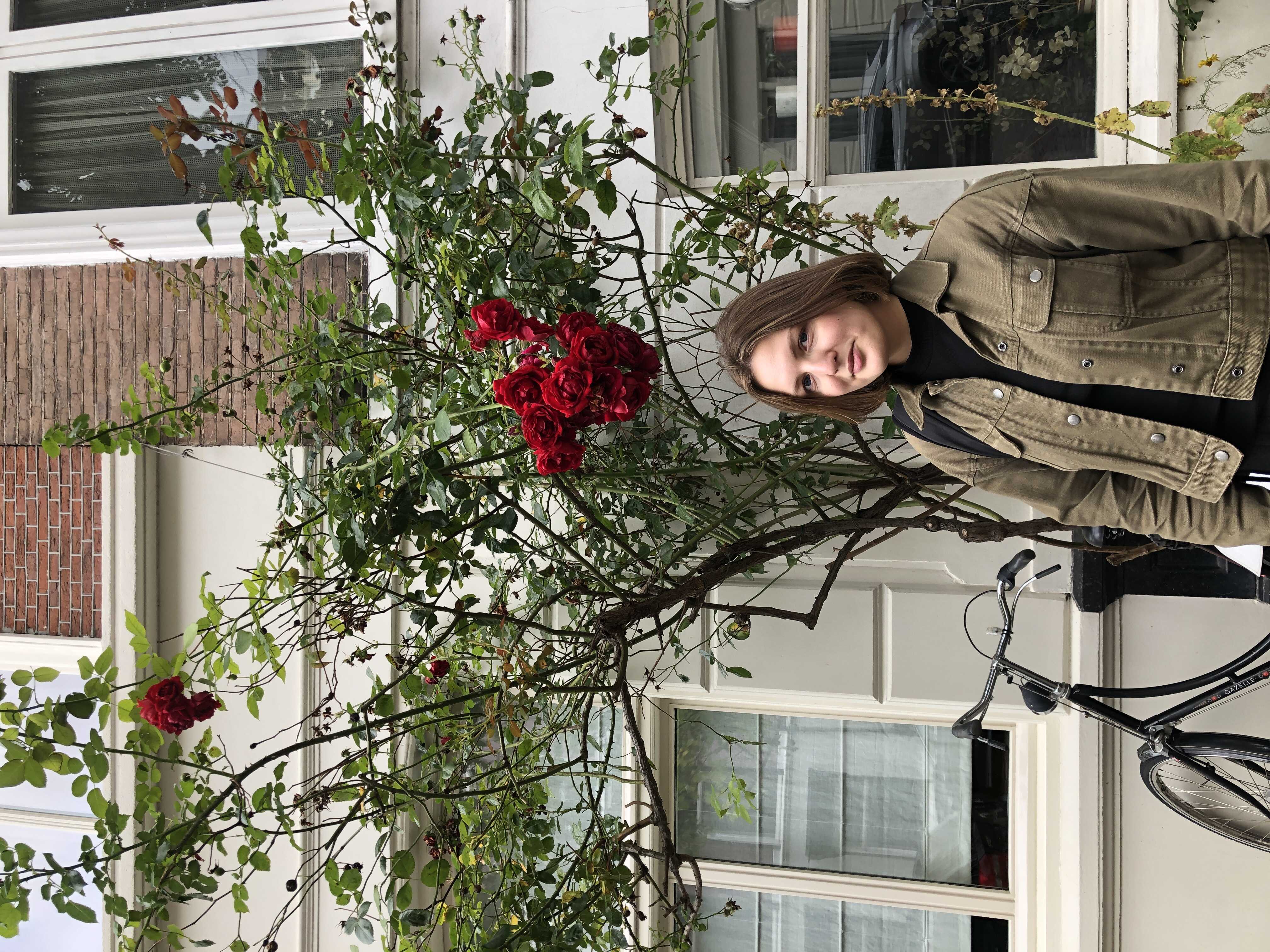
Anastasia Menshikova
I am from Russia, I started studying sociology and computational social science there and continued in the Netherlands. I am currently doing a PhD in Analytical Sociology in Sweden, at the Institute for Analytical Sociology. In my research I apply NLP methods to study anti-immigration discourse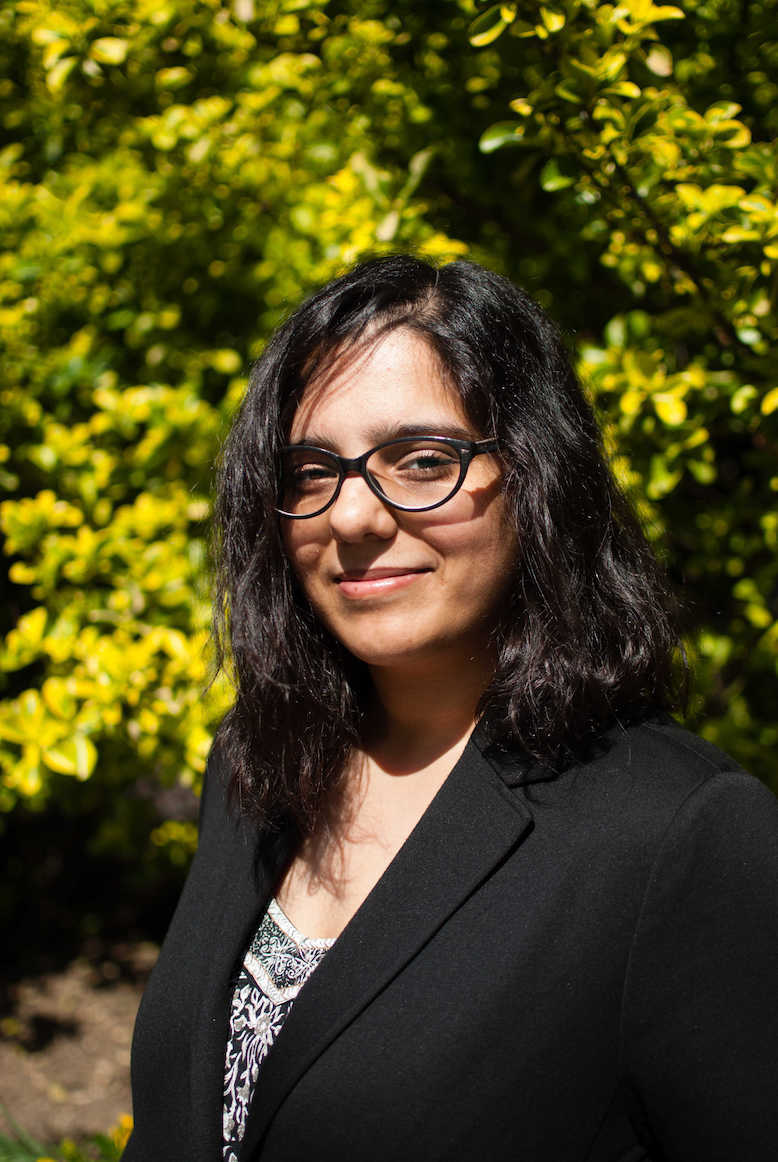
Aradhna Kaushal
I am a public health epidemiologist at UCL evaluating the role of social media interventions for promoting cancer screening and early diagnosis of cancer. I am increasingly coming face-to-face with very large data sets which require computational methods to analyse and process.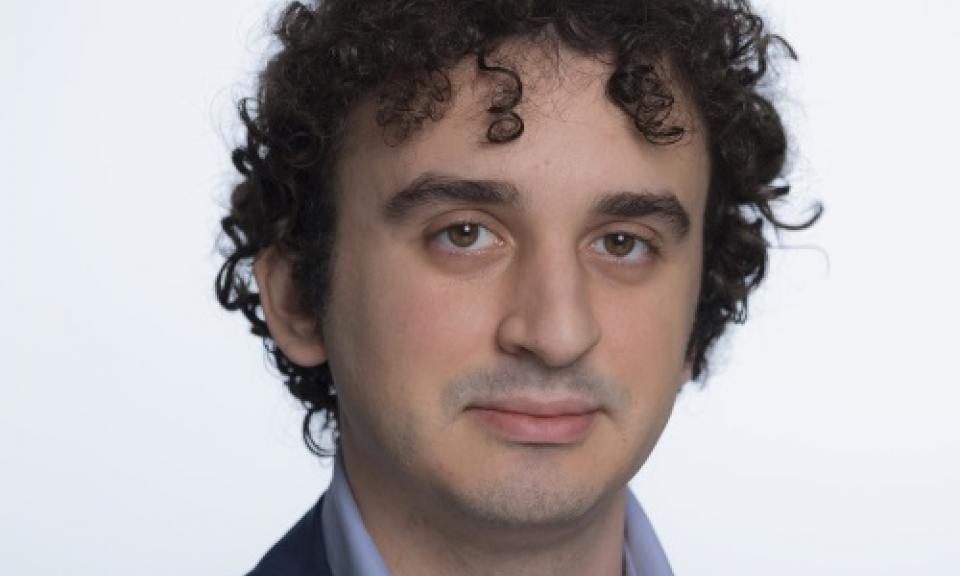
Damiano Maria Morando
Damiano Maria Morando is a PhD candidate in Management at Imperial College Business School. Before joining Imperial College, Damiano did an internship in a venture capital firm in Milan, focused on technology transfer. His Doctoral Thesis focuses on online networking behaviour as a tool for entrepreneurs to facilitate the accrual of early stage financing.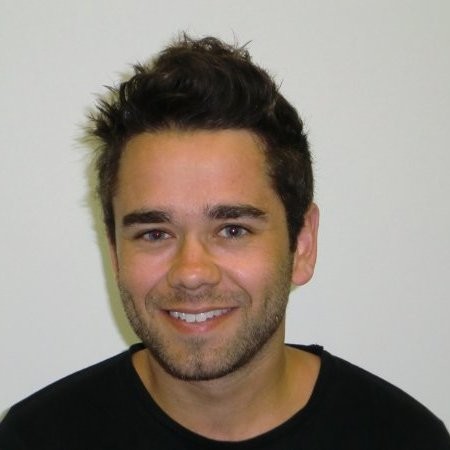
Darren Cook
Darren Cook is a PhD candidate at the University of Liverpool. He has masters degrees in both Investigative Psychology and Decision Making under Uncertainty. His doctoral thesis combines psychology and computer science, where he uses data science and domain expertise to develop scalable social science models to examine conversations.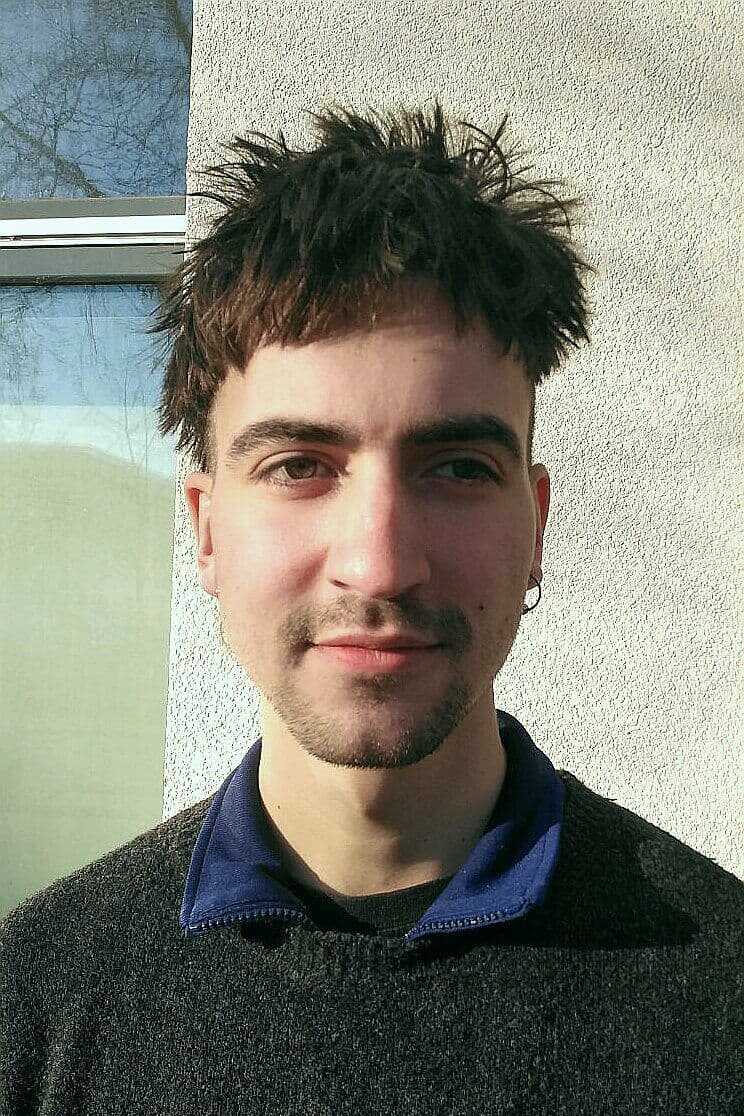
Dominik Schindler
Dominik Schinder has studied mathematics and digital media in Heidelberg, Berlin and London and is going to start a PhD project in Applied Mathematics at Imperial College London. Drawing from dynamical network analysis and machine learning, Dominik will analyse far-right digital countercultures in collaboration with the Weizenbaum Institute in Berlin.
Jason Burton
Jason is a PhD student in the Department of Psychological Sciences at Birkbeck, University of London. He uses agent-based modelling, online experiments, and digital trace data to research decision-making in social networks. Jason holds a BA in psychology from UC Santa Barbara and an MSc in organisational psychology from King’s College London.
Judah Axelrod
Judah Axelrod is an MSc student in Data Science at the London School of Economics. His research interests are centered around fairness and bias in machine learning and natural language processing applications. Judah previously studied Economics at Rutgers University and worked in antitrust economics and competition policy.Katharina Lawall
Katharina Lawall is a PhD candidate at the London School of Economics. She works on political behaviour, campaigns and gender. Katharina uses survey and field experiments, and has experience partnering with civil society organisations, political parties and campaigns. She is interested in combining computational social science approaches with online experiments.Lanabi La Lova
Lanabi La Lova is a PhD Candidate at the London School of Economics and Political Science and a researcher at Justice Interactions and Peacebuilding project. She uses text as data methods to study political communication and mass media. She has a background in political science, international relations, and mathematical economics.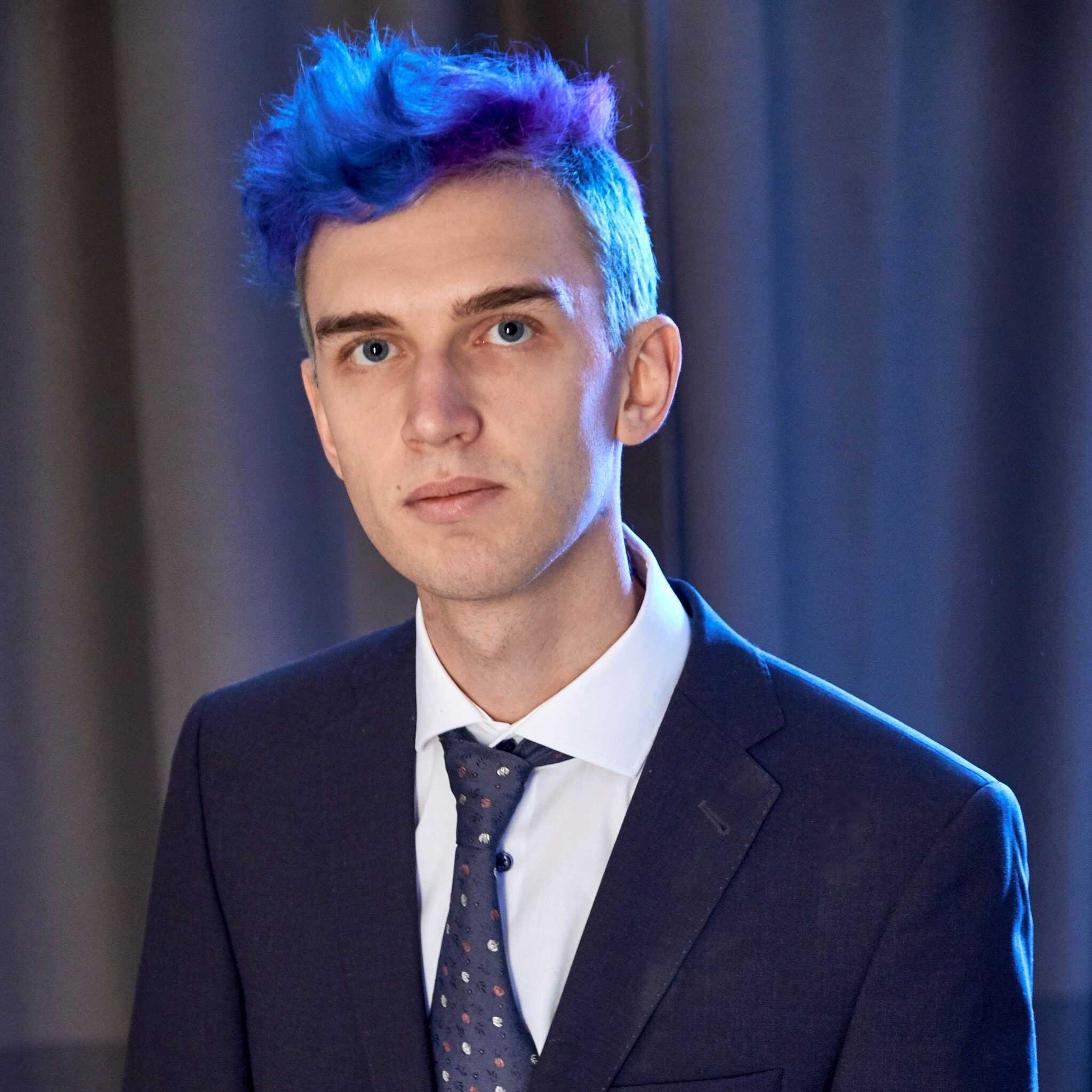
Luc Rocher
Luc is a postdoctoral researcher at Imperial College London, using large-scale computational modeling to study the transformation of digital societies by algorithms. Luc's research directions include the limits of privacy and anonymity in the modern age, challenging the technical and legal adequacy of current de-identification techniques; the reliability of machine learning for stylometry in social media; the rise of pricing algorithms in online markets.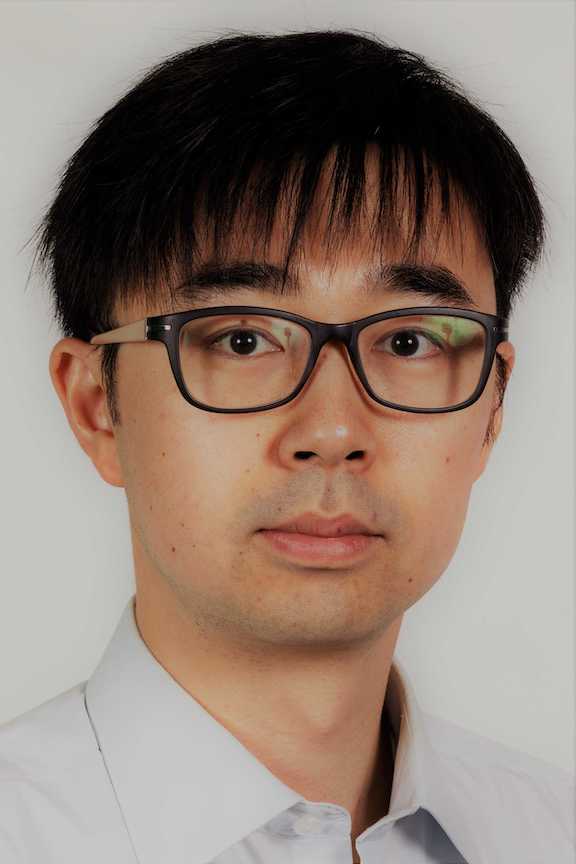
Luning Sun
Luning Sun is a Research Associate at the Cambridge Judge Business School. He received his PhD from the Department of Psychology, University of Cambridge. Luning is interested in the development of psychometric tests and their applications in educational, occupational and clinical settings. His post-doctoral research has been focusing on the new forms of assessment that are enabled by the advancement in psychometric theories and techniques.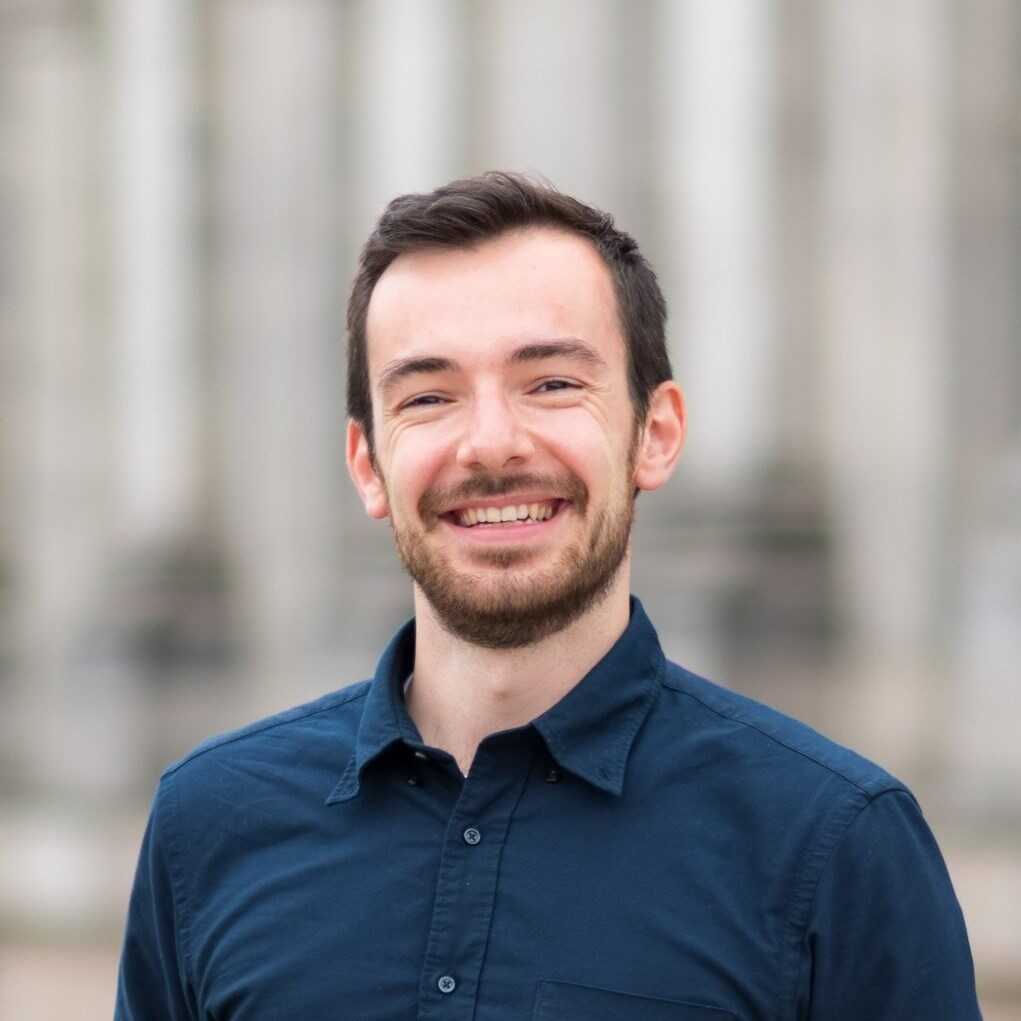
Manuel Tonneau
Manuel is a data science consultant at the World Bank and a research engineer in the CSS team of the Centre Marc Bloch in Berlin. He holds an MSc in Statistics from ENSAE Paris and an MSc in Economics from Humboldt University of Berlin.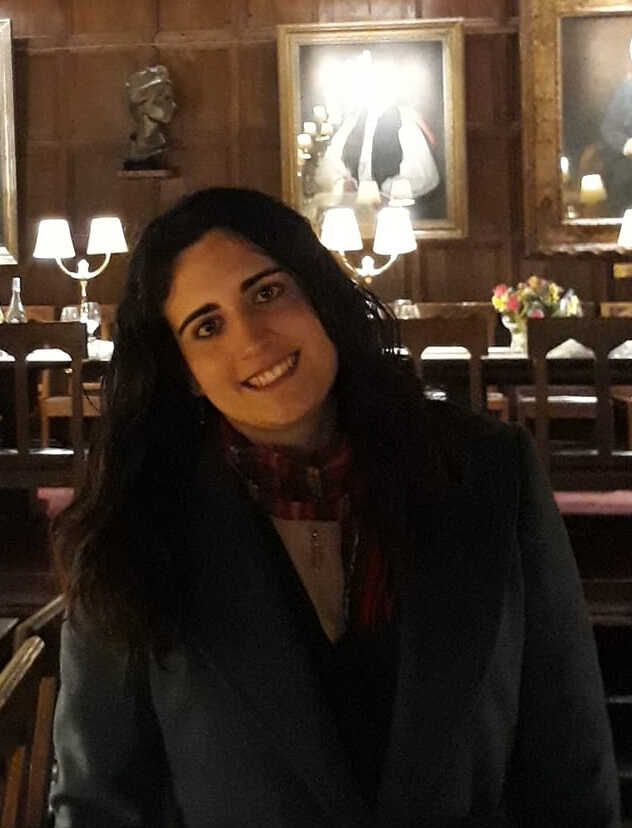
Maria del Rio Chanona
I am a JSMF postdoc at the Complexity Science Hub in Vienna. Previously I did my PhD at INET, Oxford. My research topics are on networks, shock propagation, and labor market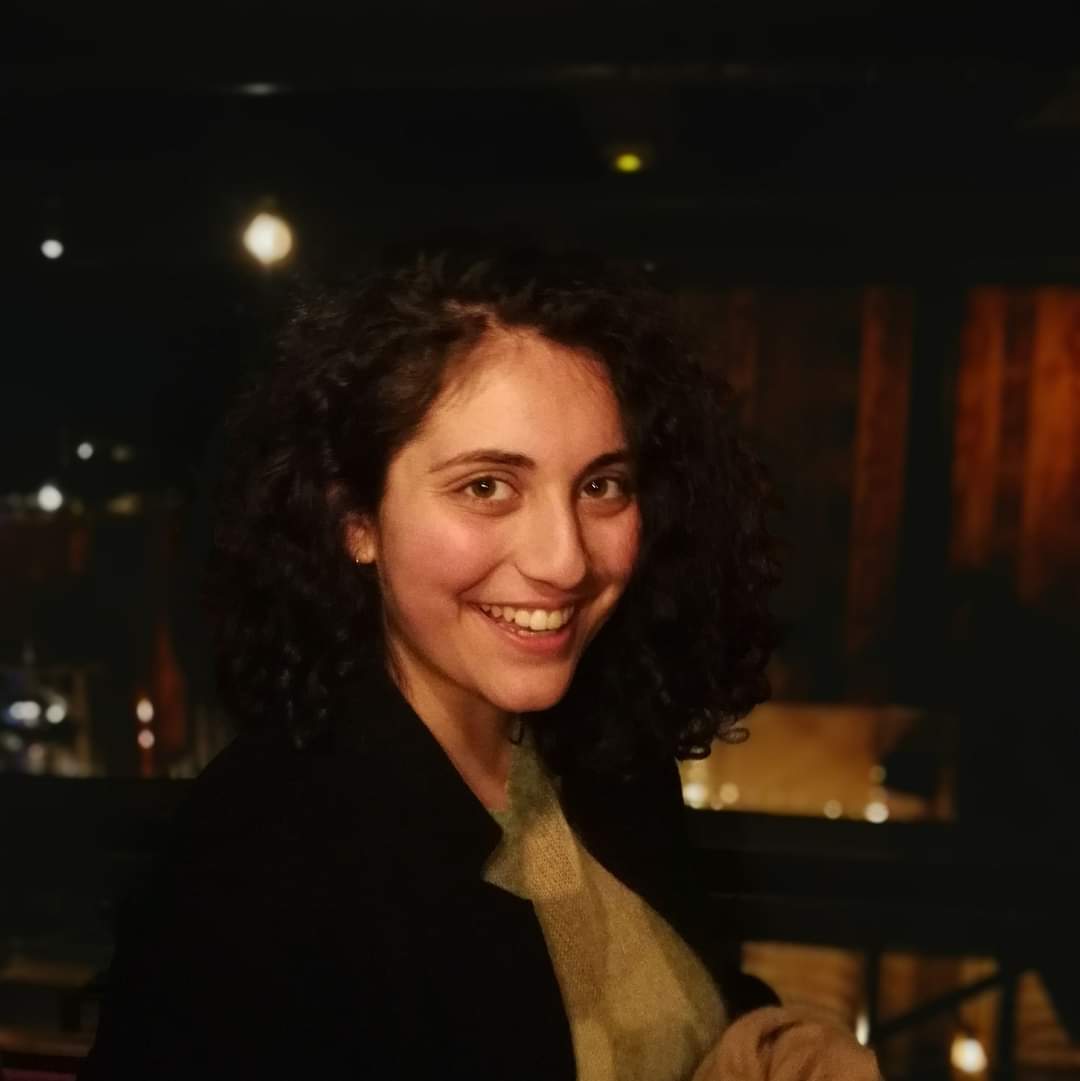
Melody Sepahpour-Fard
Melody Sepahpour-Fard is an incoming PhD student at the Centre for Research Training in Foundations of Data Science, University of Limerick. Her research interests broadly lie in between Social Psychology and NLP. For her doctoral thesis, she will explore opinion-based networks on social media to better measure social polarisation around immigration. She has previously studied Psychology and Language Sciences, and is currently finishing a Social Psychology European master's programme (named Global-MINDS).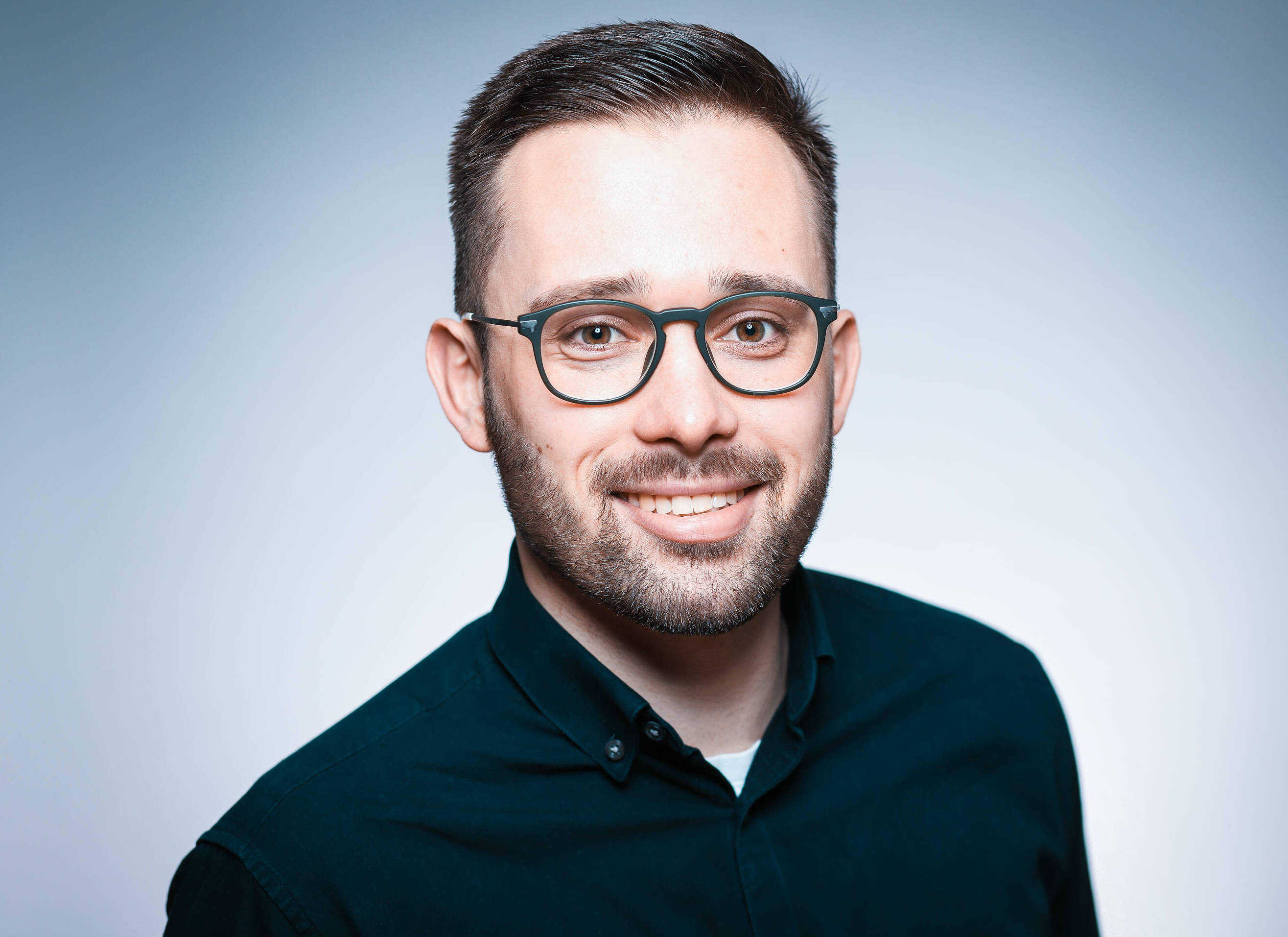
Michael Geers
Michael Geers is a PhD student in Psychology at the Center for Adaptive Rationality at the Max Planck Institute for Human Development in Berlin. His work leverages insights and methods from behavioral science and computational social science to understand important digital challenges and to develop interventions to mitigate them. Specifically, he studies how to reduce the impact of misinformation and how to increase cognitive resilience to microtargeting.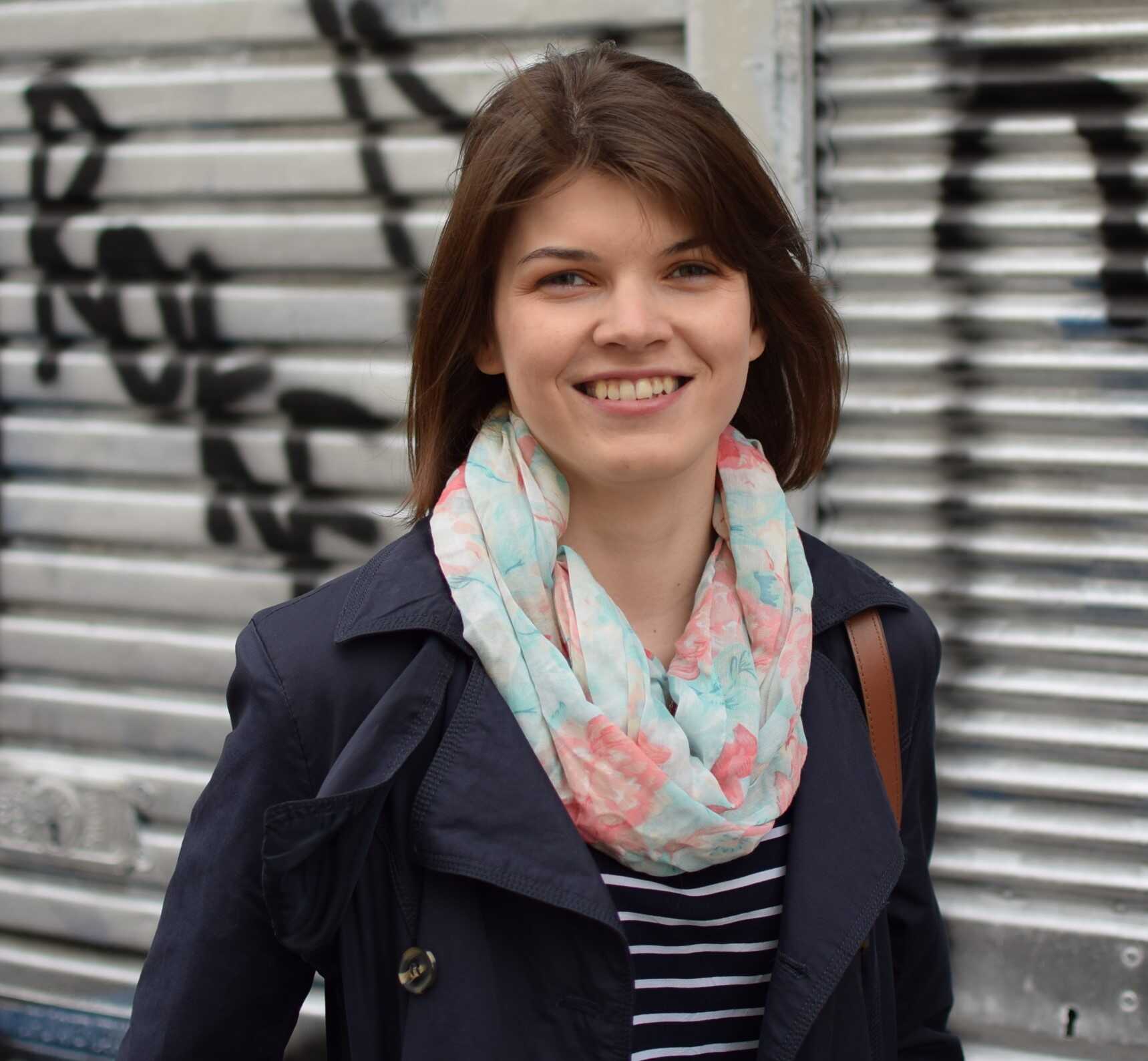
Renáta Topinková
Renáta Topinková is a PhD student at the Charles University and a researcher at the Institute of Sociology of the Czech Academy of Sciences. Her dissertation examines homophily patterns in online dating. Her research interests include big data, experiments, and social networks, especially in relation to partner selection.
Vince Straub
Vince is a graduate research assistant at the Science of Intelligence Cluster working on a project that seeks to understand the development of intelligent behavior. He is particularly interested in the phenomena of collective intelligence and combining biological and social data; he is open to PhD programs in this area.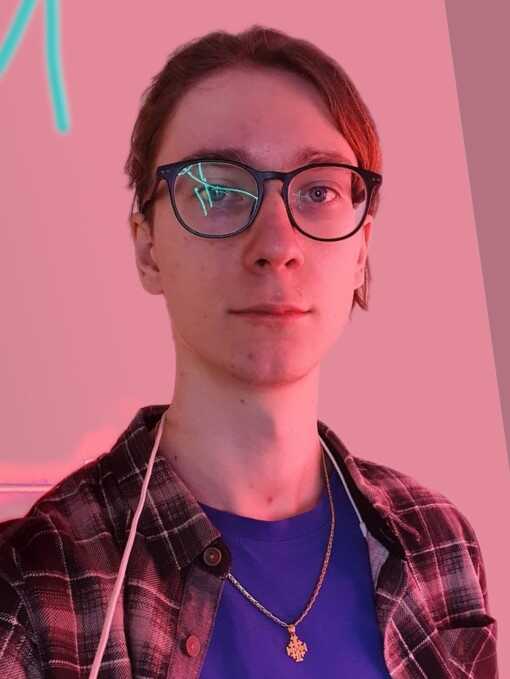
Vsevolod Suschevskiy
Vsevolod is pursuing a Ms in HCI at HSE University, but he is also affiliated with the University of Bergen's Centre for the Science of Learning & Technology as a research intern. His research interests include computational sociology and agent-based modeling, but he has not published any papers in this field yet.